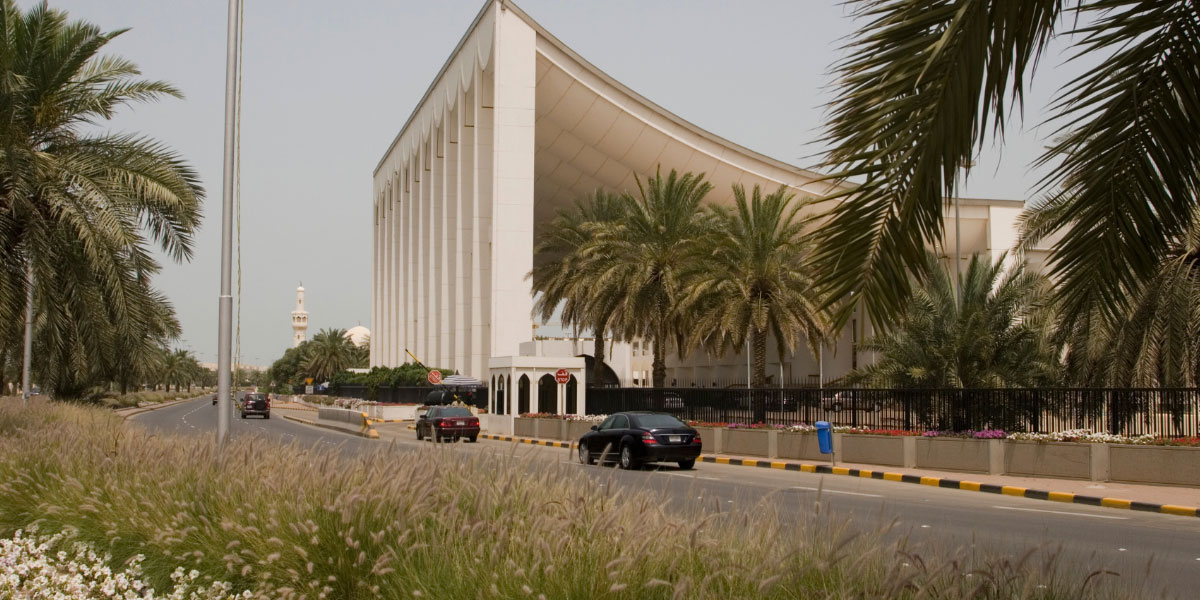On 5 June 2023 the IMF published a report following consultations with Kuwait under Article IV of the IMF’s articles of agreement.
Kuwait’s economy has begun to recover after the pandemic with economic growth estimated at 8.2% in 2022 as a result of high oil production and oil prices. Growth in the non-oil sector is estimated to have increased to 4% in 2022, driven by strong domestic demand. In 2023, economic growth is projected to fall to 0.1% as a result of the agreed OPEC+ oil production cuts and slower growth in external demand. In the non-oil sector economic growth is projected to continue strongly at 3.8% in 2023, buoyed by the fiscal stimulus and some recovery in expatriate employment.
Risks to the economic outlook come from potential volatility in oil prices and oil production as a result of global factors. A deeper slowdown in global growth, resulting from further monetary policy tightening or banking sector stress in advanced economies, would have adverse effects on the economy. Delays by the government in introducing fiscal and structural reforms could undermine investor confidence and reduce progress towards diversification of the economy. On the positive side, a resolution to the current political gridlock could accelerate the fiscal and structural reforms and boost investor confidence.
The draft budget for 2023/24 aims to implement a large fiscal expansion, with higher spending on public sector wages and increases in subsidies and social benefits. Substantial fiscal consolidation is however needed soon, including measures related to expenditure and non-oil revenue. To reduce current spending, the government must rationalize the public sector wage bill and gradually phase out large energy subsidies.
The report recommends that to collect more non-oil tax revenue, a 5% value added tax (VAT) should be introduced. Excise taxes on tobacco and sugary drinks should be levied, as already agreed with other GCC countries. The 15% corporate income tax should be widened to include domestic firms, bringing Kuwait into line with the OECD’s global minimum corporate tax agreement for multinationals. The fiscal savings from the measures could be allocated to investments in transport and the renewable energy infrastructure.
Kuwait must strengthen non-oil private sector growth and employment to allow new labour force entrants to join the non-oil private sector. A structural reform package is required to increase labour productivity and non-oil private sector-led growth. Structural reforms are needed to promote sustainable growth while increasing labour productivity and diversifying the economy away from oil. Labour market reforms should give Kuwaiti nationals an incentive to look for private sector employment. Wages and working conditions should be aligned across the public and private sectors, and training programs should be strengthened.
Kuwait made a commitment under the Paris Agreement to reduce its greenhouse gas emissions by 7.4% relative to business-as-usual by 2035. It also plans to reach net zero greenhouse gas emissions in the oil sector by 2050 and reach net zero for the whole economy by 2060. To achieve its emissions targets, the report notes that Kuwait should complete its mitigation plan, including phasing out fossil fuel subsidies and promoting investment in renewables-based electricity generation infrastructure.















